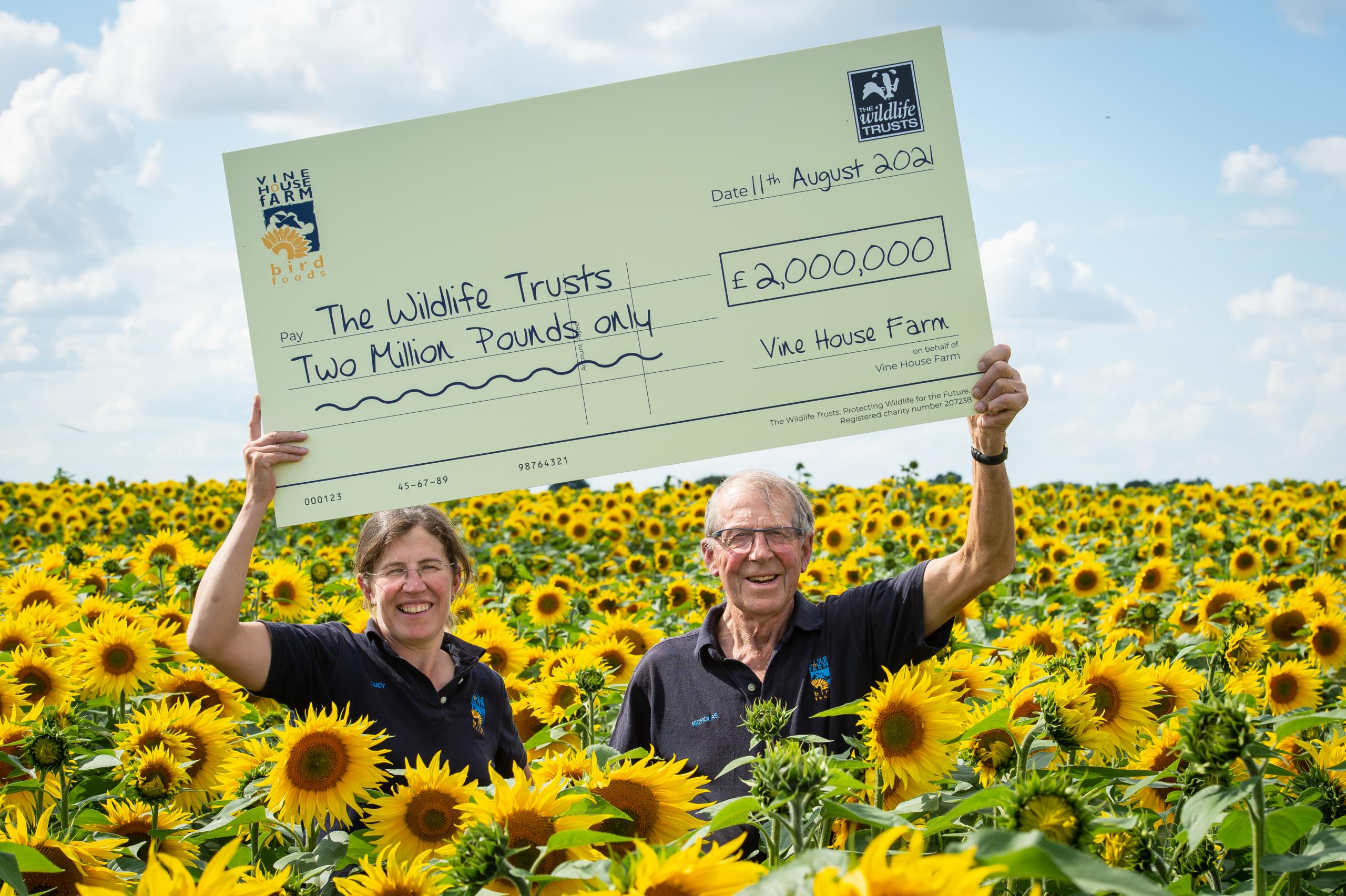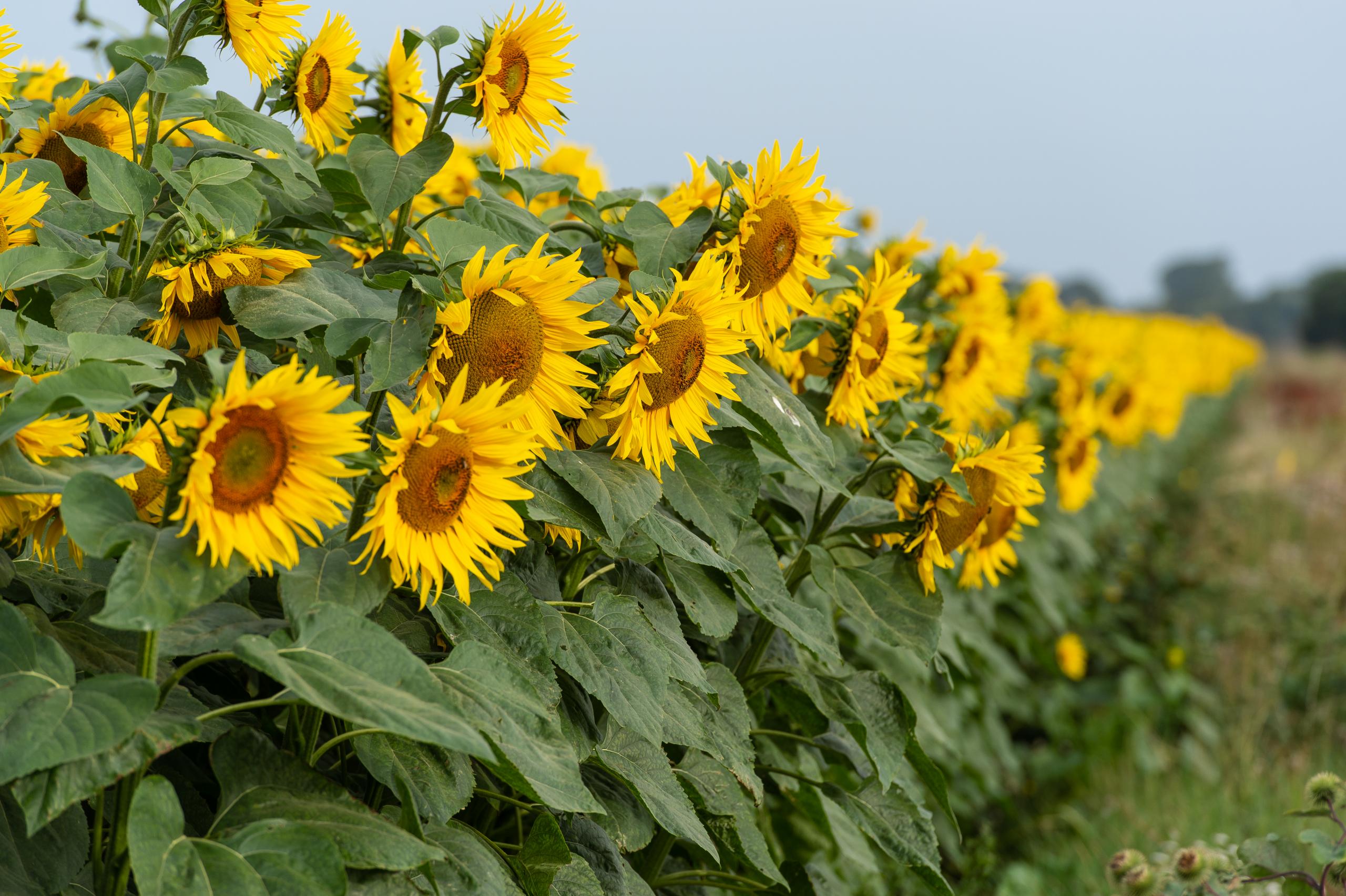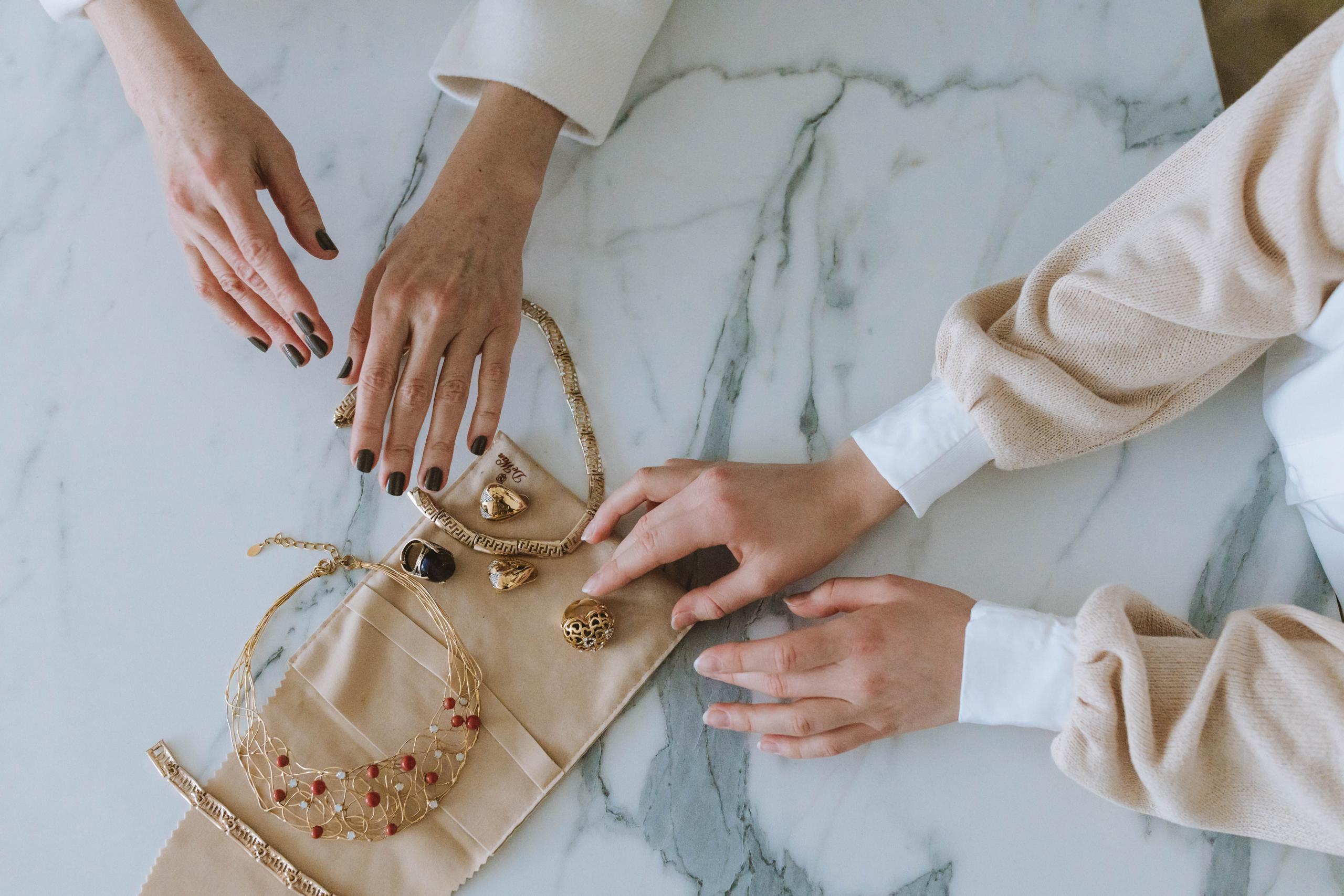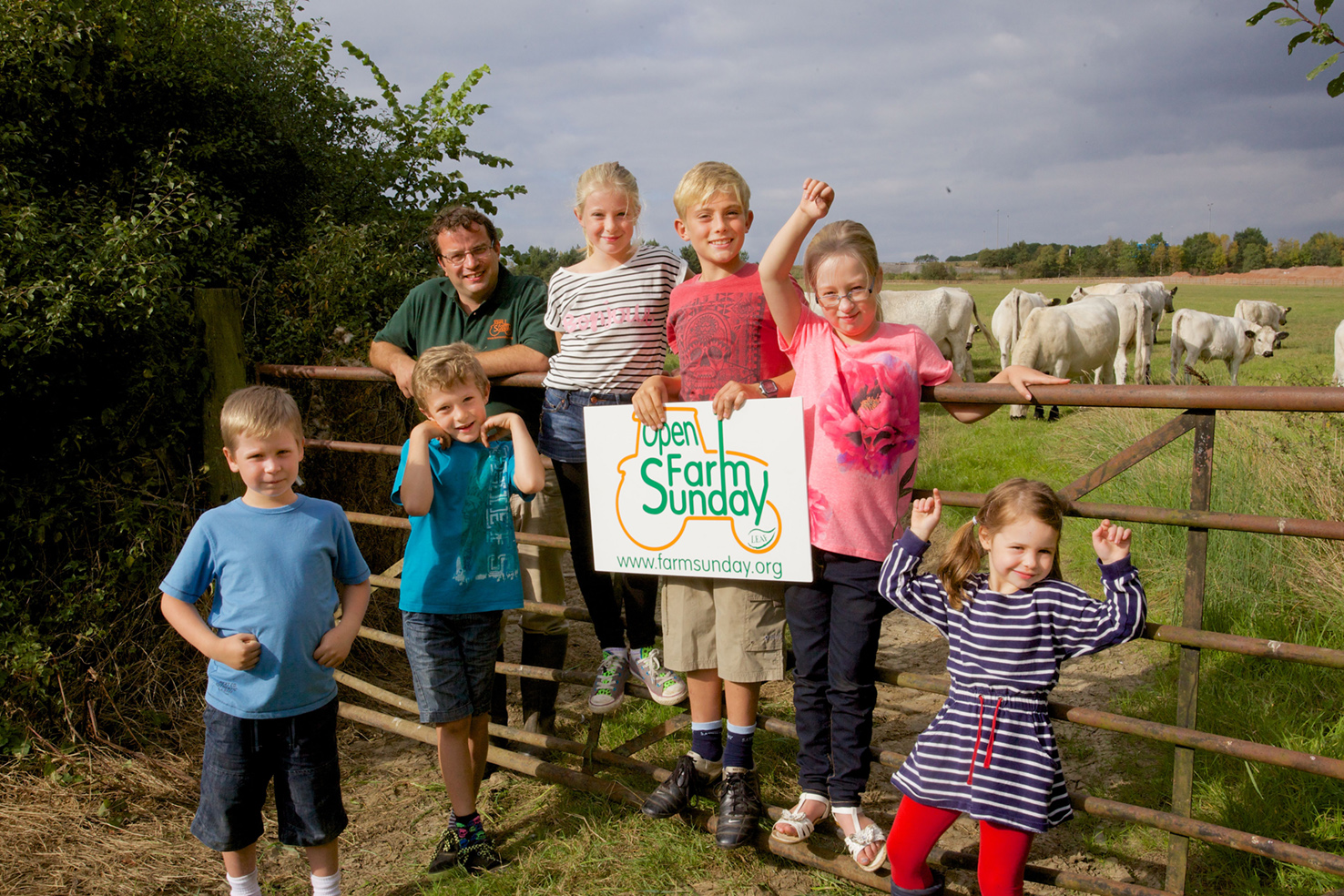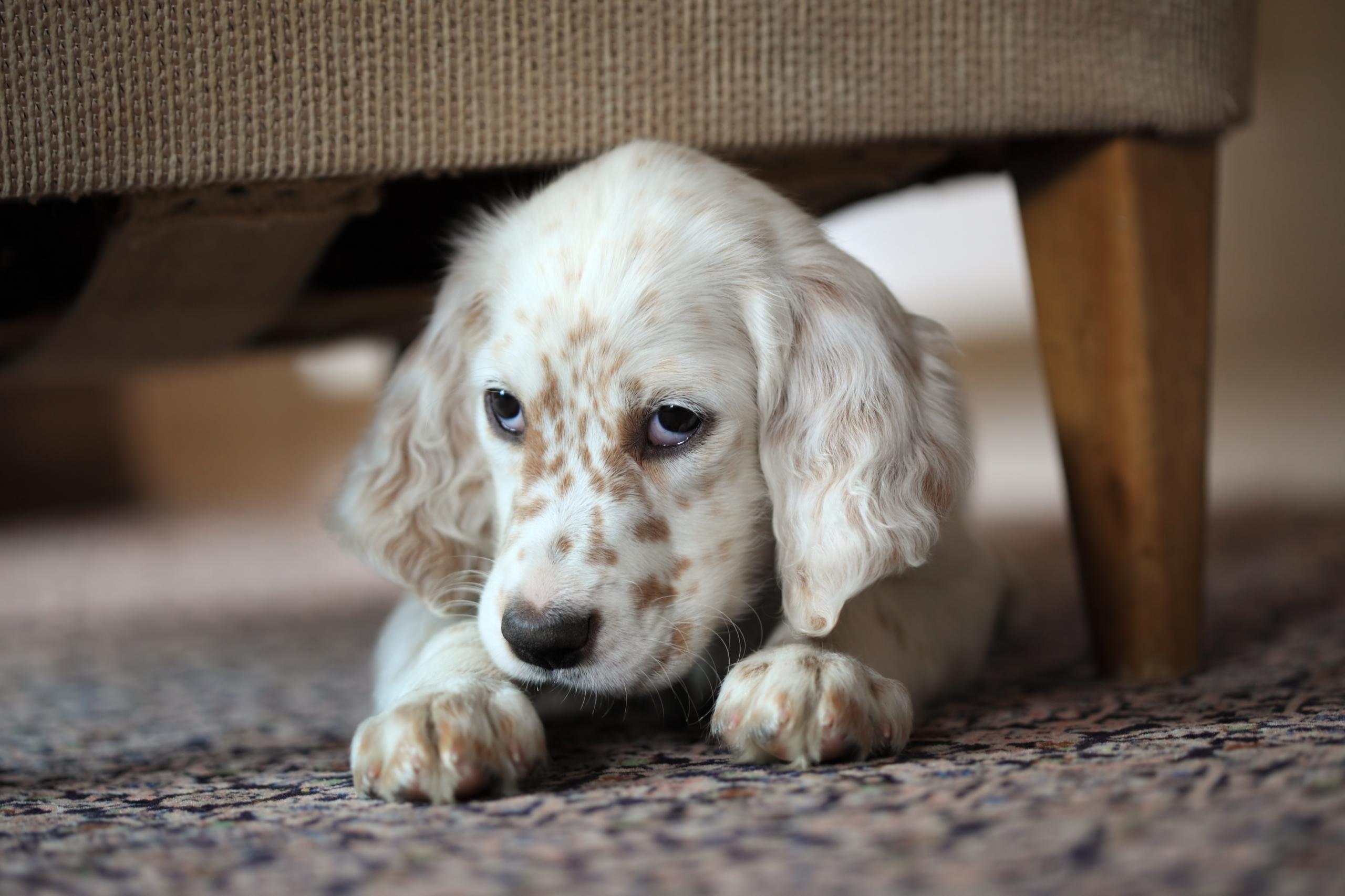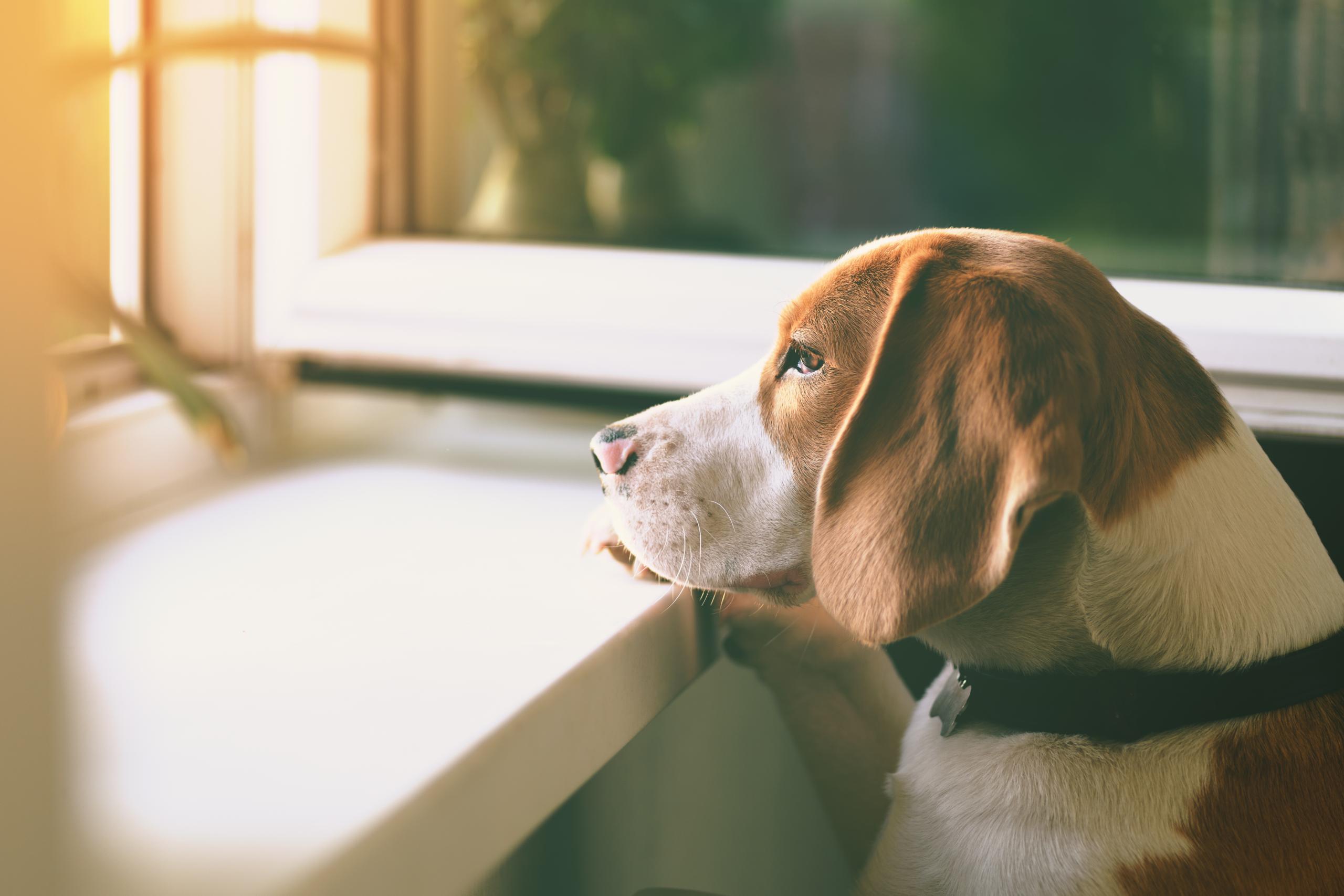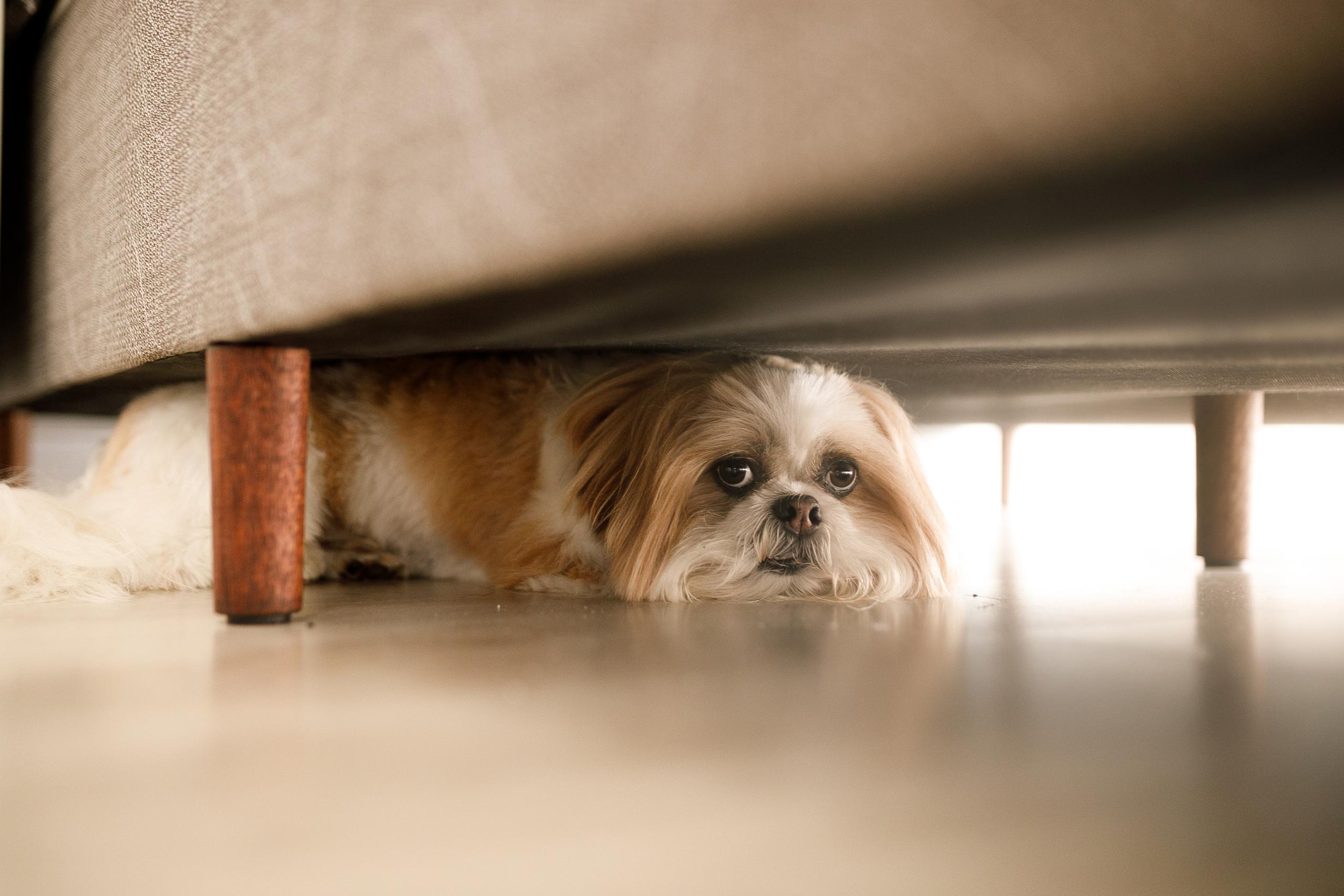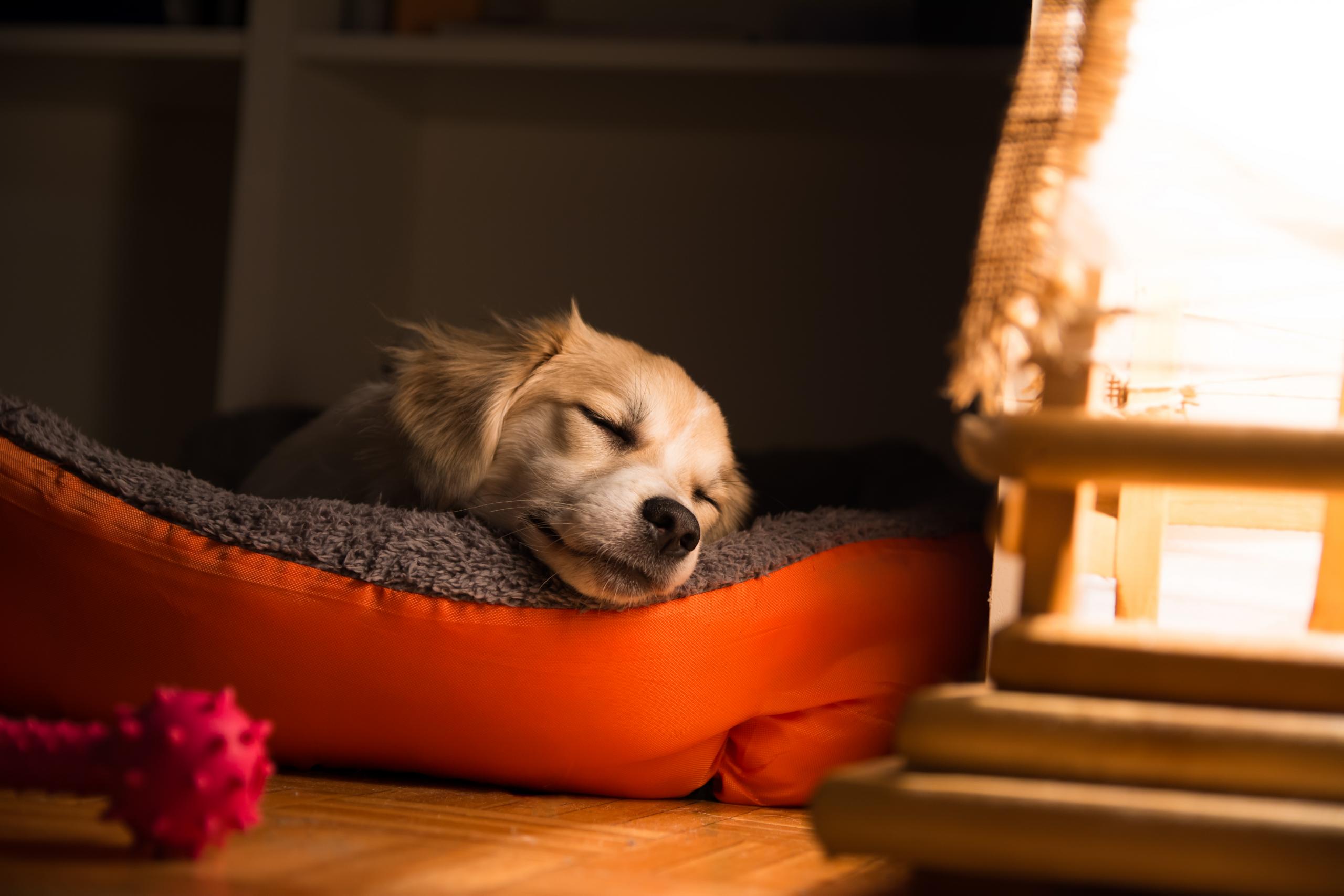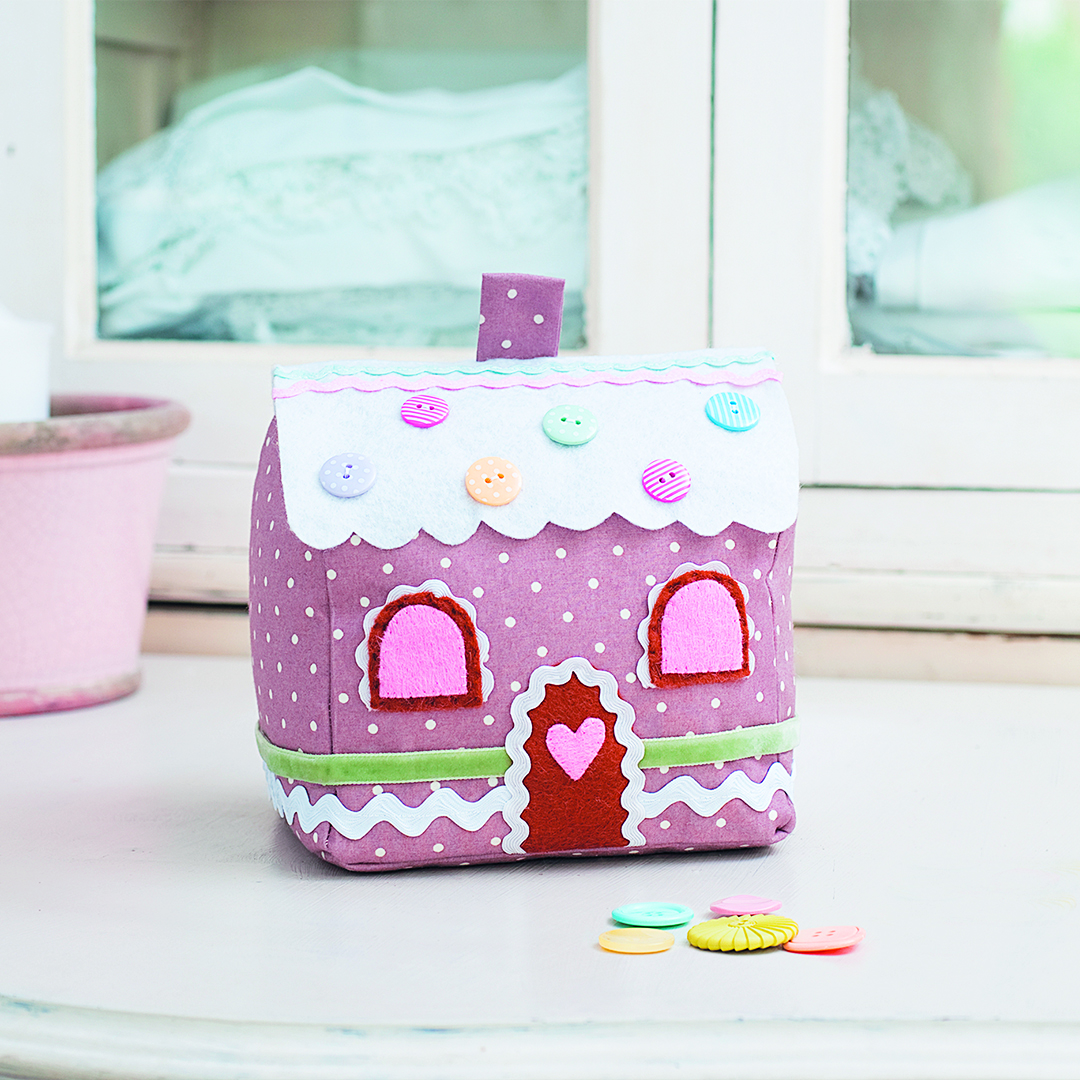Sunflowers power £2 million for nature’s recovery
Vine House Farm announced the amazing £2 million milestone as sunflowers bloomed on the family farm in Lincolnshire. The black sunflower seeds are part of 400 acres of bird seed crops, which will go into wild bird food mixes, along with red millet, canary seed, oil seed rape and naked oats, all home grown on the farm. Thanks to hedges, ponds, and wildflower margins at field edges, all created by farmer and award-winning conservationist, Nicholas Watts, the farm is also a haven for flocks of wild birds including, rare and declining tree sparrows, red-listed linnets and lapwing.
The money, raised over 14 years, supports the nature conservation work of The Wildlife Trusts. Lucy Taylor, manager at Vine House Farm, and Nicholas’ daughter said: “Our partnership with The Wildlife Trusts has long been very important to us. Along with the practical measures we take on the farm to, for example, to reverse the trend of declining songbird numbers; a percentage of each purchase of Vine House Farm bird seed goes to support Wildlife Trusts, enabling a greater conservation impact across the country. The Wildlife Trusts have always been the obvious choice for us to champion, and it’s been a proud time for me, my father and all our family to be able to reach the two million pound milestone. Now we look forward to the future and being able to eventually reach five million and more.”
Wildlife friendly farm, which grows wild bird seed, and 100 acres of sunflowers, celebrates raising £2 million for wildlife conservation
Craig Bennett, Chief Executive of The Wildlife Trusts said: “Through their own love of wildlife, and working for nature, Nicholas Watts and his family have enabled many other people to experience the joy of nature in their homes and gardens and in doing so to provide fantastic support to the work of Wildlife Trusts. Vine House Farm’s magnificent long-term support for The Wildlife Trusts means we’ve been able to restore wildflower meadows, and wetlands, and enable more people to feel the health and wellbeing benefits of connecting with nature. Customers of Vine House Farm who are feeding their garden birds are playing an important part too, helping wildlife thrive to support nature’s recovery. “We are extremely grateful to Nicholas and his family for their support and look forward to working with them for many years to come.”
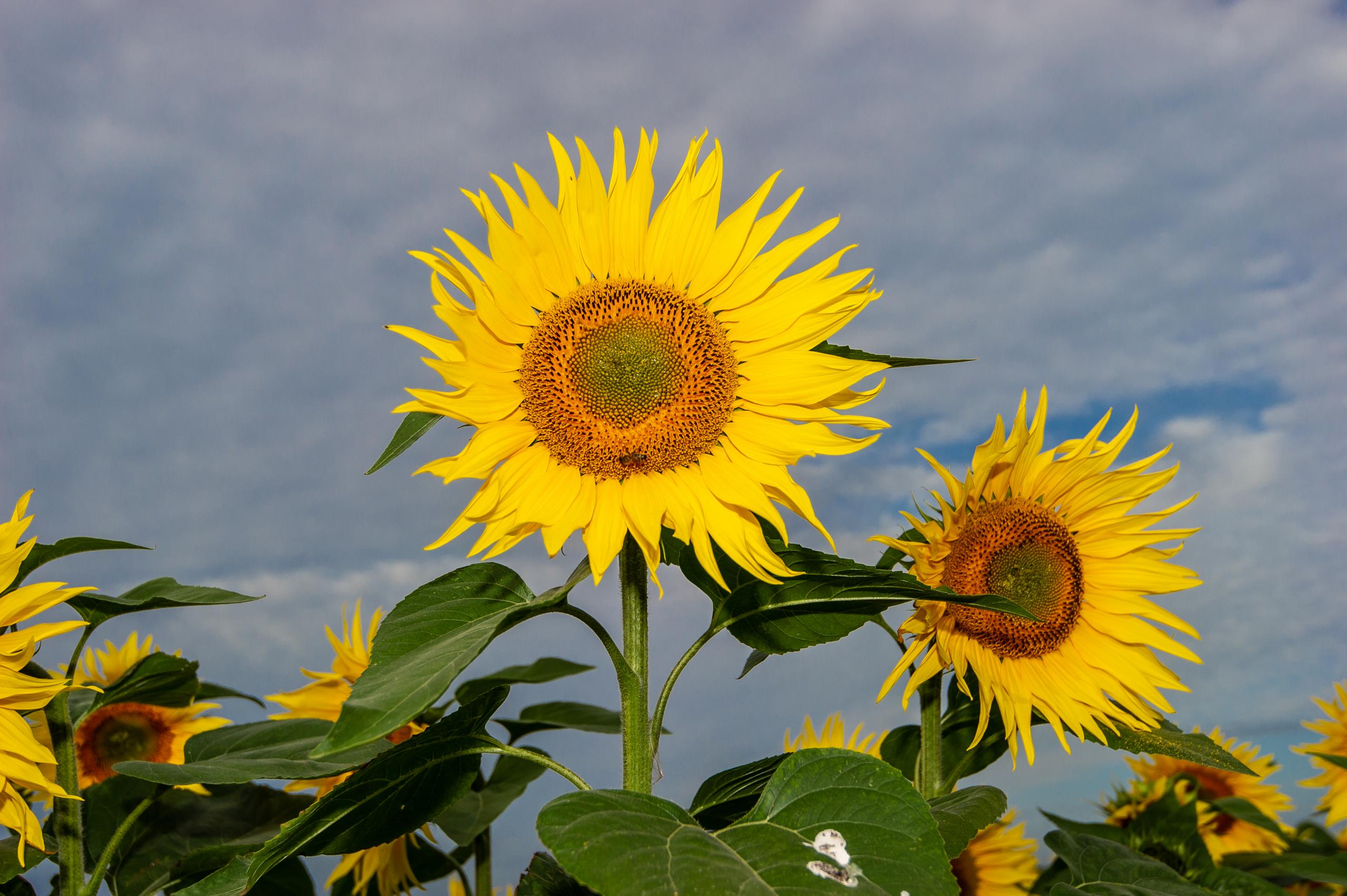
The current Covid-19 pandemic has seen more customers than ever coming to Vine House Farm for expert advice and wild garden bird food. Farmer Nicholas Watts said: “Summer sees adult birds moult, shedding their old feathers and growing new ones, which takes a lot of energy, so birds still need feeding. Sources of natural food, like insects are declining, and in dry weather worms retreat deeper into the soil. Putting out plump sultanas, soaked in water means young birds can get vital moisture. Watch who visits your garden, whether they’re ground feeders or prefer perching on trees or shrubs and offer a variety of food, so each bird gets what it needs from seeds to suet, or mealworms. Remember to keep feeders and tables clean so the birds stay healthy and disease-free.”
The Vine House Farm story
Fourth-generation farmer Nicholas Watts has been working the land at Vine House Farm in Deeping St Nicholas, Lincolnshire, since he was a boy. His interest in ornithology became part of his work, leading to an MBE for his wildlife conservation work and wildlife-friendly farm management.
He started feeding birds in his farmyard almost 30 years ago, his wake-up call came after discovering corn buntings and skylark numbers had dropped, and he knew he had to do something. He was astonished when hundreds of birds flocked to his farmyard, finches, buntings, sparrows and even a sparrowhawk! In turn, people flocked to see the birds, and started asking for seed to take home, a light-bulb moment later and a new business was born.
Today Vine House Farm has 170 nest boxes for endangered tree sparrows. Over the last 20 years, thanks to wildlife-friendly measures put in place at the farm, barn owl and whitethroat numbers have quadrupled, and tree sparrow and lapwing numbers have increased ten-fold.
Reed warblers and green sandpipers dart along the banks of the farm’s water courses. Sand martins nest in gravel mounds and barn owls in the 20 boxes around the farm, which are sited in barns or mounted on poles.
Each May, Nicholas conducts his own annual farmland bird survey, recording the results in handwritten logbooks. He says this spring marsh harriers, buzzards, lapwing and sedge warblers are doing well, but yellow wagtail numbers are down.
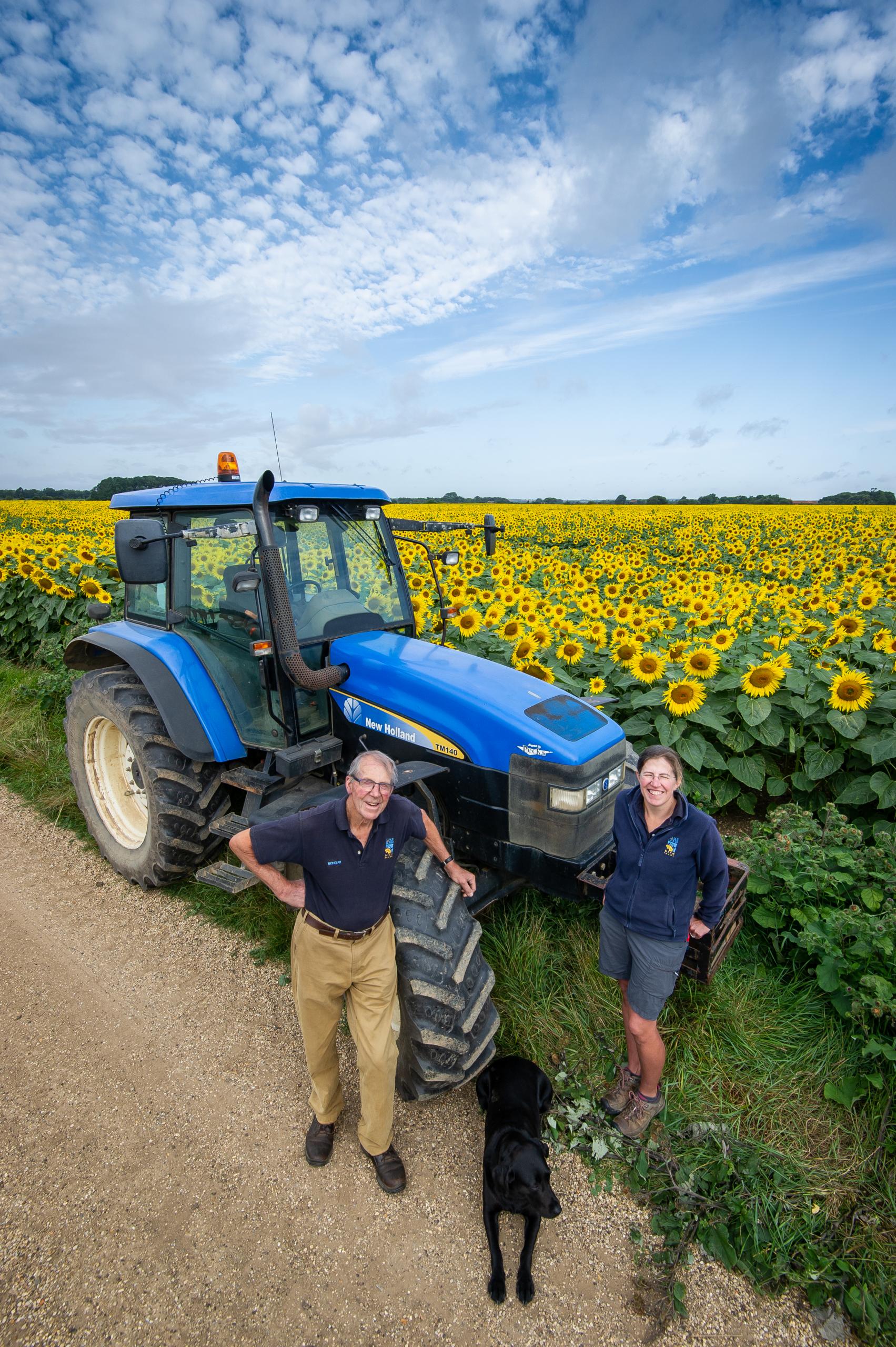
Vine House Farm
A percentage of each purchase of Vine House Farm bird seed goes to support Wildlife Trusts. Vine House Farm is one of the UK’s most successful wild bird food businesses, delivering directly to customers across UK, through their mail order business, and from the family-run farm. For expert advice on feeding birds www.vinehousefarm.co.uk
The Wildlife Trusts
Believe that people need nature, and it needs us. We are here to make the world wilder and to make nature part of everyone’s lives. We are a grassroots movement of 46 charities with more than 850,000 members and 38,000 volunteers. Every Wildlife Trust works within its local community to inspire people to create a wilder future. wildlifetrusts.org
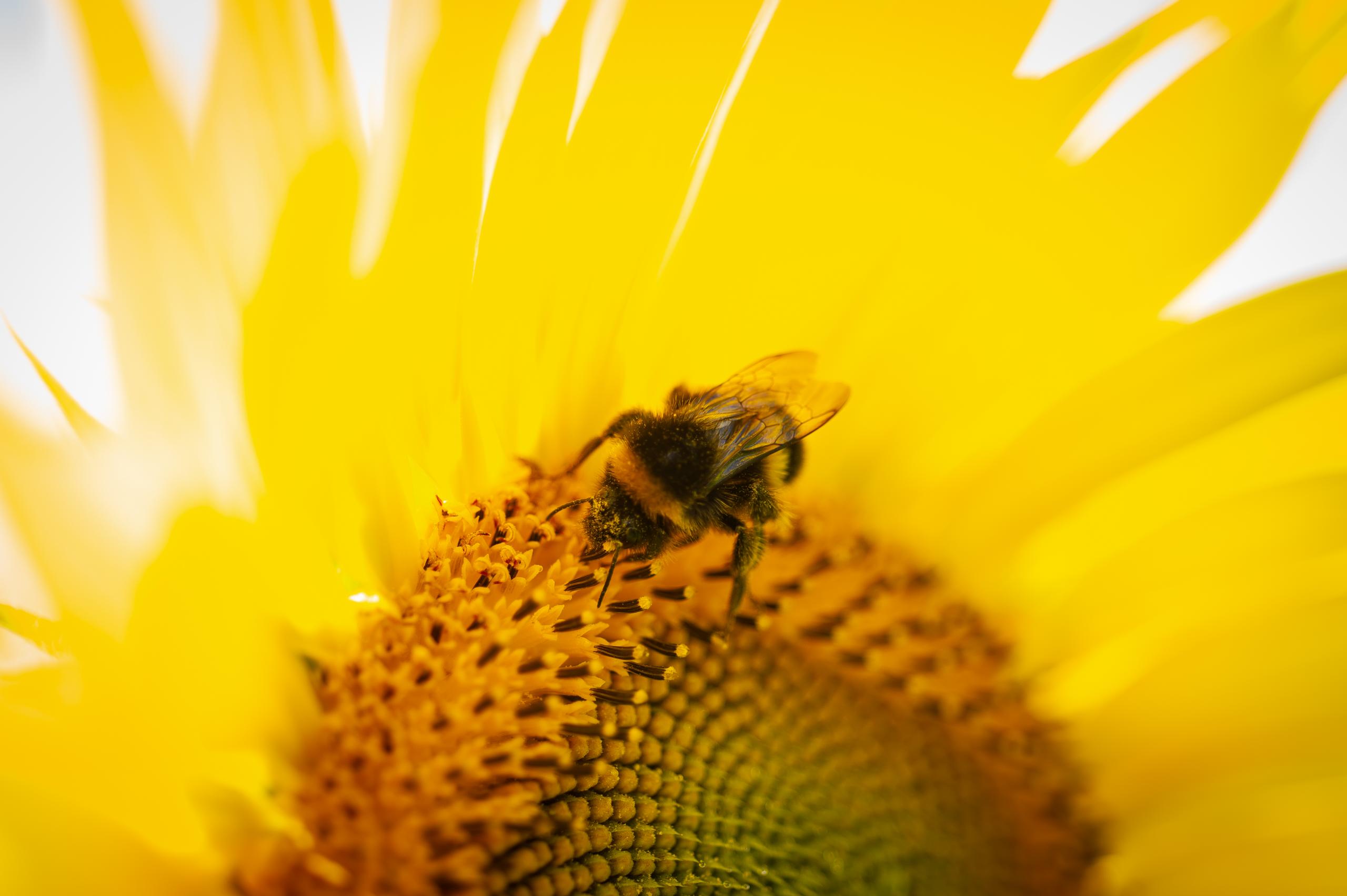
Photo credits – Matthew Roberts, for the Wildlife Trusts
